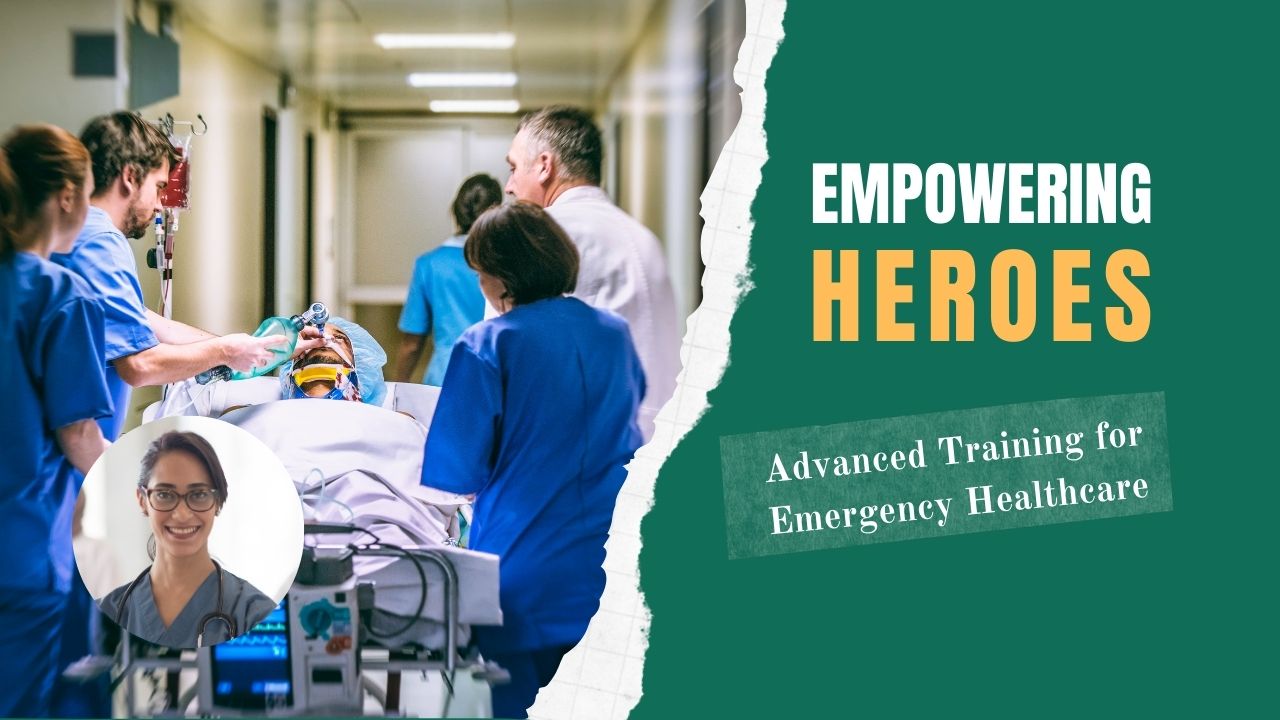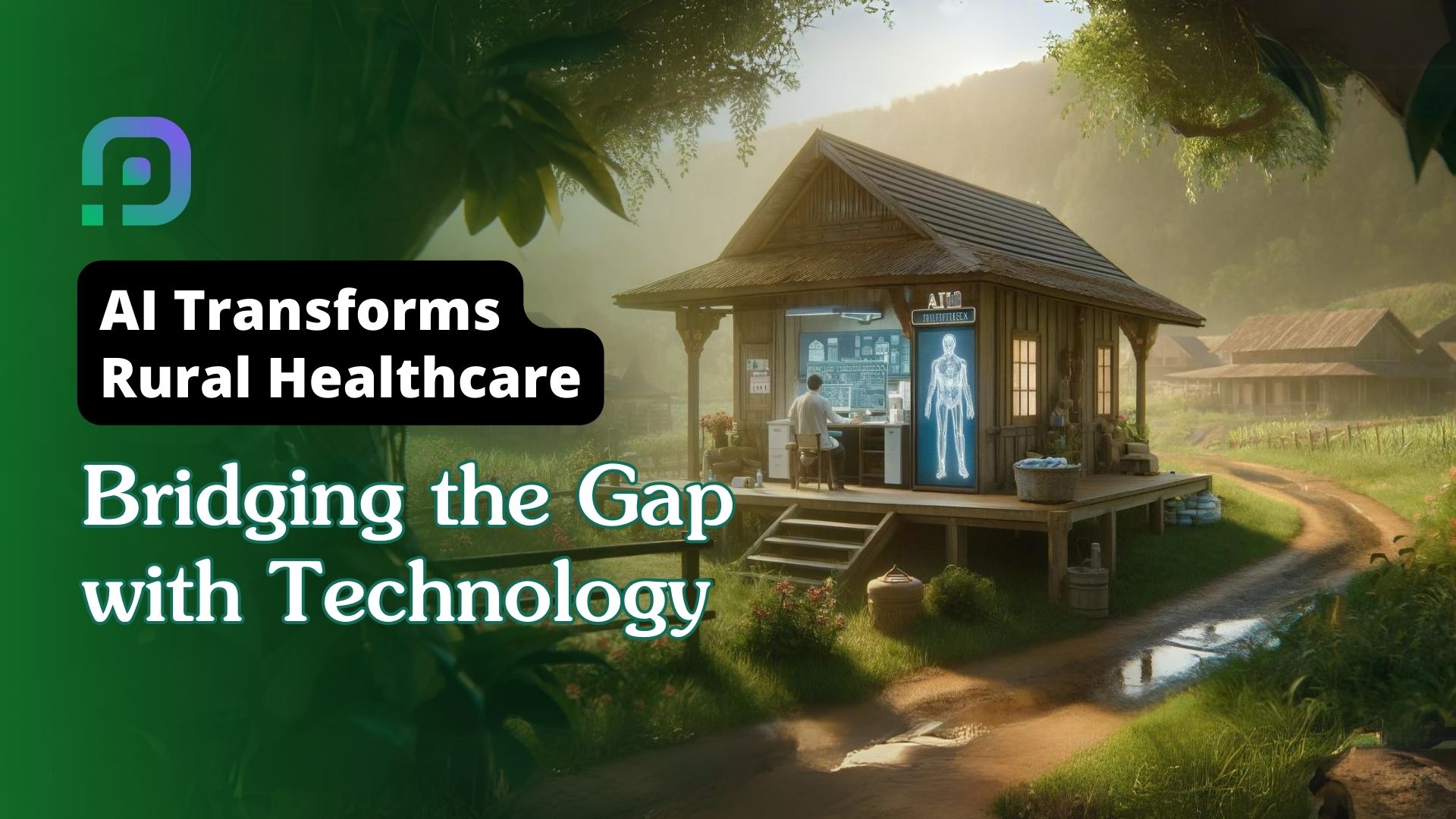Published - Sat, 06 Aug 2022

TREATMENT & DISPOSITION OF ILL PEDIATRIC PATIENT
1. Stabilization is the priority: Before admission or transport, all life-threatening conditions (in the particular, tenuous airway or circulatory dysfunction) must be addressed fully.
a) Before admission or transfer, any potential airway compromise must be treated, stabilized, and, if necessary, endotracheal intubation must be obtained.
b) Complete attention must be given to the circulatory system; resuscitative fluid boluses or blood transfusions may be necessary.
c) Vasoactive drugs (e.g., dopamine, dobutamine) should be administered only in the presence of a physician or a nursing staff qualified in critical care. The environment should be monitored and should have intravenous pump capabilities.
2. Supportive care is essential:
a) Fluid resuscitation: A fluid bolus of 20 mL/kg should be provided to establish blood volume and increase the efficiency of the heart. Care must be taken to avoid cerebral edema of fluid overload when the vascular volume is restored.
b) Anticonvulsant therapy is indicated to control seizures.
c) Assisted ventilation may be necessary to control respiratory failure or cerebral edema.
d) Surgical consultation should be obtained promptly in all cases of suspected trauma or when the diagnosis is in doubt in a critically ill infant with nonspecific physical signs.
3. Antibiotic therapy should be initiated for children with presumed sepsis, meningitis, or pneumonia.
a) Agent selection: The patient should be treated with an antibiotic that is effective against the pathogens that most often cause disease in the patient’s age group.
— Neonates and infants younger than 2 months are usually given ampicillin sodium and either an aminoglycoside or cefotaxime.
— Infants and older children may be treated with ceftriaxone in single or daily divided doses or cefotaxime. Vancomycin should be added in unstable patients to cover for resistant treptococcus pneumoniae and methicillin-resistant Staphylococcus aureus.
b) The duration of therapy is based on the patient’s age and the causative organism.
— Infants with sepsis but without meningitis are usually treated with intravenous antibiotics for 7 to 10 days.
— Infants with meningitis receive 10 to 14 days of parenteral therapy depending on the causative organism. Meningitis caused by Neisseria meningitidis may be treated for fewer than 7 days under certain circumstances.
4. Corticosteroid therapy is indicated for patients with meningitis to reduce the incidence of hearing loss. These drugs also may augment survival in children with sepsis or meningitis, but the effective dosage is unknown.
DISPOSITION
1. Critically ill infants must be evaluated and treated promptly and admitted to the hospital for further treatment.
a) Such children should be cared for by the highest level of provider available, preferably a pediatrician able to care for critically ill infants.
b) When higher level care is unavailable, transport should be arranged to a referral center with the capability to care for critically ill children.
2. Seriously ill infants who may have the possibility of a bacterial process should not have antibiotics withheld pending hospital admission or transfer. All seriously ill infants should be accompanied by the admitting physician to the admitting ward or be attended by another physician during transfer and transport.
Created by
Rigomo Team
Rigomo is a leading online education platform that offers a wide range of courses to help individuals enhance their skills and achieve their career goals. With our user-friendly interface and expert instructors, we strive to provide high-quality education to everyone, anytime and anywhere. Join us today and take the first step towards a brighter future.
Rigomo is an e-learning platform that was founded in 2019 by a team of dedicated professionals with a passion for revolutionizing the way people learn. The platform offers a range of online courses that cover various industries, including business, technology, healthcare, and more.
Rigomo's courses are designed to be interactive and engaging, with a focus on practical skills that learners can apply in their careers. The platform uses a combination of video lectures, quizzes, and hands-on projects to help learners master the subject matter.
Rigomo is committed to providing affordable and accessible education to people around the world. The platform offers a range of pricing options, including monthly and annual subscriptions, as well as pay-as-you-go options for individual courses.
Since its launch, Rigomo has received numerous accolades for its innovative approach to e-learning. The platform has helped thousands of learners across the globe acquire new skills and advance their careers.
As Rigomo continues to grow, the team remains committed to providing high-quality education that is accessible to all. The platform is constantly updating its courses and features to ensure that learners have access to the latest tools and technologies.
Comments (0)
Search
Popular categories
Health and Wellness
231Skill Development
7Technology
5Community Impact
2Success story
2Creativity
1Latest blogs

DeepSchool: The Story of an Idea That Refused to Sit Still
Tue, 02 Dec 2025

Transforming Emergency Care: The Story Behind Rigomo's Revolutionary PPMMP Course
Sun, 12 May 2024

Empowering Rural Healthcare: How Pogiko's AI is Bridging the Gap in Medical Services
Thu, 25 Apr 2024

Write a public review